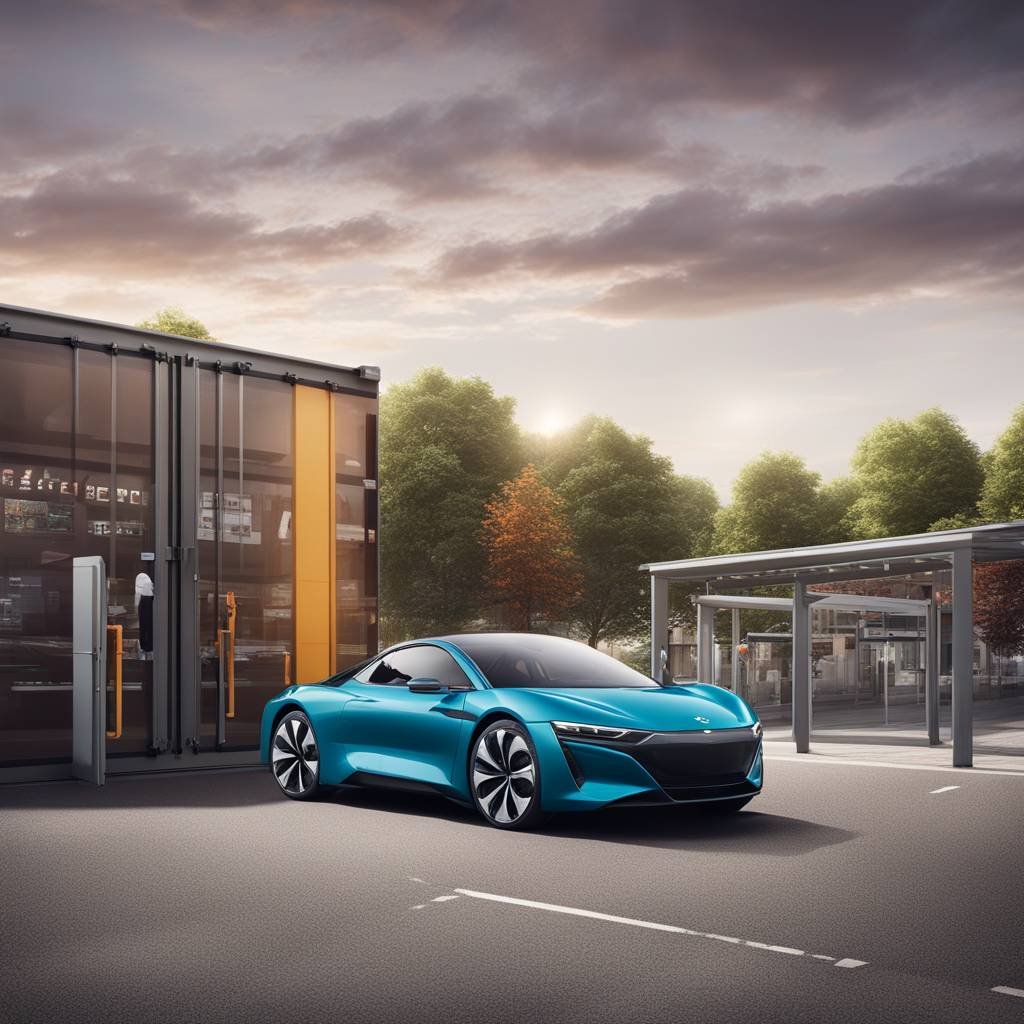Summary
– June auto market in France saw plugin EVs at 24.1% share, down from the previous year
– Both BEV and PHEV volumes declined more than the overall market drop
– Renault Megane was the best selling full electric vehicle in June
– The cancellation of the eco-bonus for non-European made BEVs and the social leasing program affected BEV sales
– EU’s proposed trade barriers on Chinese-made BEVs may impact the market further
Article
In June, the auto market in France saw plugin EVs at a 24.1% share, with BEVs at 16.4% and PHEVs at 7.7% of the market. This was a decrease from the previous year, with both BEV and PHEV volumes dropping more than the overall market. The Renault Megane was the best-selling full electric vehicle for that month. The decline in EV sales can be attributed to the cancellation of eco-bonuses for non-European made BEV models and the completion of a social leasing program that resulted in a surge of BEV leases being signed earlier in the year.
Another factor affecting the French plugin market is the EU’s proposed trade barriers on Chinese-made BEVs, which could result in additional tariffs on top of the existing import tariff. This could impact brands like MG Motors and Tesla, who are trying to push sales of their Chinese-made models before the tariffs take effect. However, the imposition of trade barriers could ultimately hurt European consumers, delay the EV transition, and weaken the European auto industry in the global market. The decision to impose these tariffs is being driven by EU commission officials, rather than European auto-makers or consumers.
In terms of best-selling BEVs in France, the Renault Megane took the top spot in June, followed by the Tesla Model Y and Model 3. However, the market is shifting as non-European made models are falling in rank, leaving local BEVs to dominate the sales charts. The outlook for the French auto market suggests that BEVs may see a reversal in progress due to various policy changes and the arrival of new models like the Citroen e-C3. The broader economic indicators in France show a 4.8% year-on-year drop in auto market volume, but a 1.1% year-on-year growth in the economy in Q1 2024.
Overall, the future of EVs in France will depend on factors such as policy changes, the arrival of new models, and the response of consumers to tariffs on Chinese-made vehicles. The EV transition in France is likely to face challenges in the coming months, but there is potential for growth and innovation as the market responds to changing circumstances. It remains to be seen how the French auto industry will navigate these challenges and continue to drive the adoption of electric vehicles in the country.
Read the full article here


